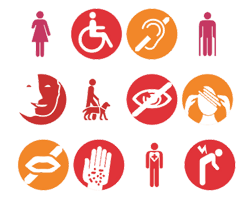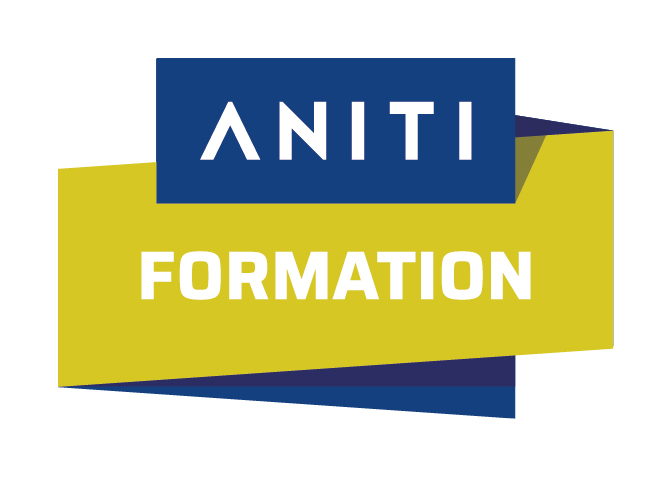General information
- Duration
-
1 year
- Places
- International
- Internship(s)
- Yes
- Available to
-
- Initial course
- linked training
- Resumption of training
 Visit the handicap portal
Visit the handicap portal
The two-years Master's program in Mathematics and Economic Decision is the Toulouse School of Economics Master in Applied Mathematics and Statistics. It benefits from the strength of both the TSE’s Mathematics and Economics departments. Interdisciplinarity is very important in recent developments in research, for example at the interface between optimization and statistics. These developments have wide and natural applications in economics and in the industry: artificial intelligence, big data, game theory, high-dimensional analysis, machine learning, network analysis, stochastic analysis, etc.
The first year is dedicated to acquiring a broad and rigorous knowledge in mathematics and statistics and its applications to economics.
The second year of this program is particularly targeted to students interested in research-based training in applied mathematics and statistics. It could be viewed as the first year of a Ph.D. program in the north American system. Successful students who are interested in a Ph.D. in applied mathematics and statistics can apply to grants with the help of the TSE faculty to fund the remaining years of the Ph.D. in Toulouse or outside Toulouse. The Ph.D. can be either academic or professionally oriented. The second year of the Master can also be a good fit for a student interested in research-based learning but who prefers a professional integration directly after the Master, for example as a mathematical engineer with a strong background in Economics.
Alternatively, after the first year, the students may apply to other second year Master’s programs at TSE. The second year of the Master Data Science for Social Science is particularly suited for a professional integration after the Master. Students who become more interested in the Ph.D. in Economics may apply to the second year of the Master Economic Theory and Econometrics.
International
Toulouse School of Economics
1 Esplanade de l'Université
31080 Toulouse Cedex 6 France
Téléphone : +33 (0)5 61 12 85 04
E-mail : scoltsem2@ut-capitole.fr
Contact Admissions :
Téléphone : +33 (0)5 67 73 27 87
E-mail : tse-admissions@ut-capitole.fr
Site : tse-fr.eu
Second year - Acceptance criteria
Or by application review:
Application:
To apply to this master, select on eCandidatures platform:
For more details about requirement documents and application process, please see the Admission section.
Core course:
Electives: choose 3 courses
Non-Mandatory:
Core courses:
Electives: choose 3 courses

